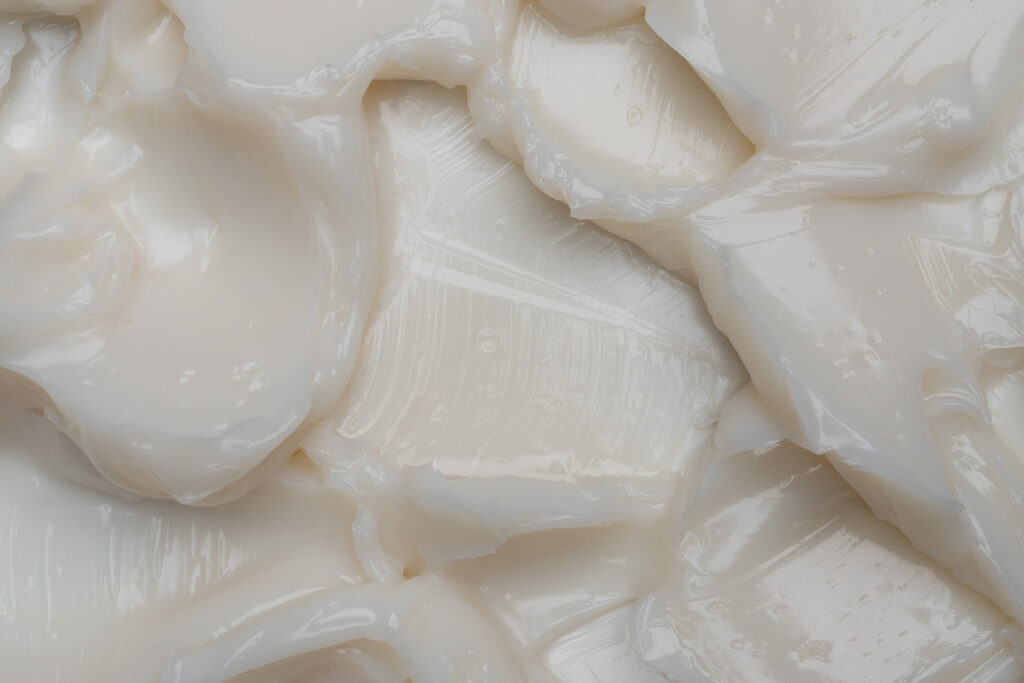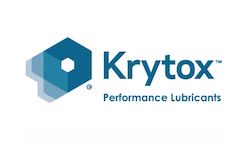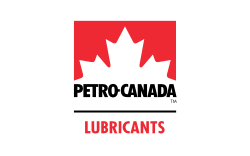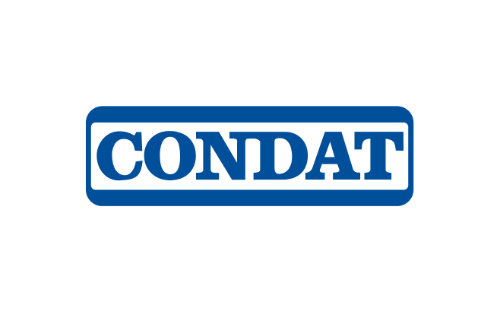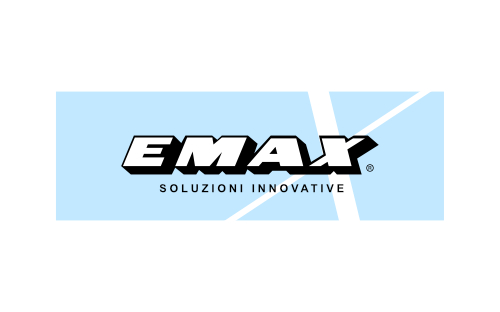Industrial Lubricants
Industrial lubricants can help improve the efficiency of production processes and reduce costs while improving the quality of the products your company makes.
Introduction to industrial lubricants
Industrial lubricants can help improve the efficiency of production processes and reduce costs while improving the quality of the products your company makes.
Industrial lubricants help to reduce friction and wear, extend lubrication times, and reduce maintenance and replacement costs in applications where conventional lubricants would have failed.
Research and development has intensified to create the best possible industrial lubricant solutions to meet the most complex and demanding applications. They can help the company’s production process to achieve, a significant benefit: from reducing overall production costs to increasing product reliability and performance.
Choosing the right industrial lubricant in the design and production process will provide your company with a great advantage.
How are industrial lubricants classified?
- Mascherpa’s industrial lubricants, from synthetic oils to silicone greases to dry lubricants (anti-friction coating), provide the end user with extensive and safe performance for any use and application in any industry.
We always take into consideration the load, speed, temperature, materials and conditions of use. Also compatibility with relevant substrates, health and safety of operators and the environment.
The industrial lubricants below are formulated to withstand the stresses of high loads, contaminating environments or chemical aggression, as well as extreme temperatures and speeds.
How many kinds of industrial lubricants are there?
There are different types of industrial lubricants:
- Compounds that are compounds that allow lubrication of moving parts providing several benefits;
- Industrial lubricating greases that are semi-solid products that protect the moving components of an industrial plant from wear and tear, while also improving their efficiency;
- Industrial oils that are used to lubricate hydraulic machinery or bearings and are divided into mineral, synthetic, silicone, and hydrogenated;
- Industrial past es that are divided into screw pastes, assembly pastes and greasy pastes;
- Anti friction coating or dry lubricants that serve to form a dry lubricating film that reduces the coefficient of friction.
Explore the Mascherpa site
Find the right lubricant for your needs
Brands
Applications
Technologies







